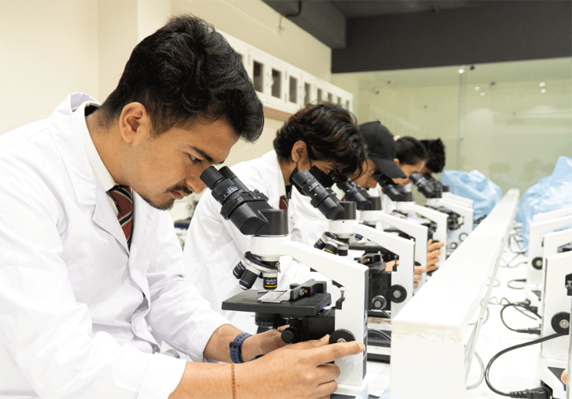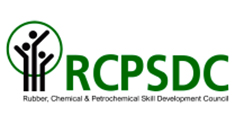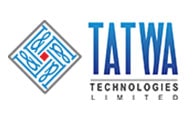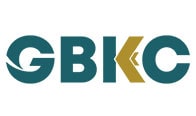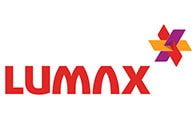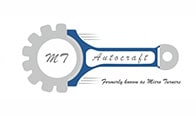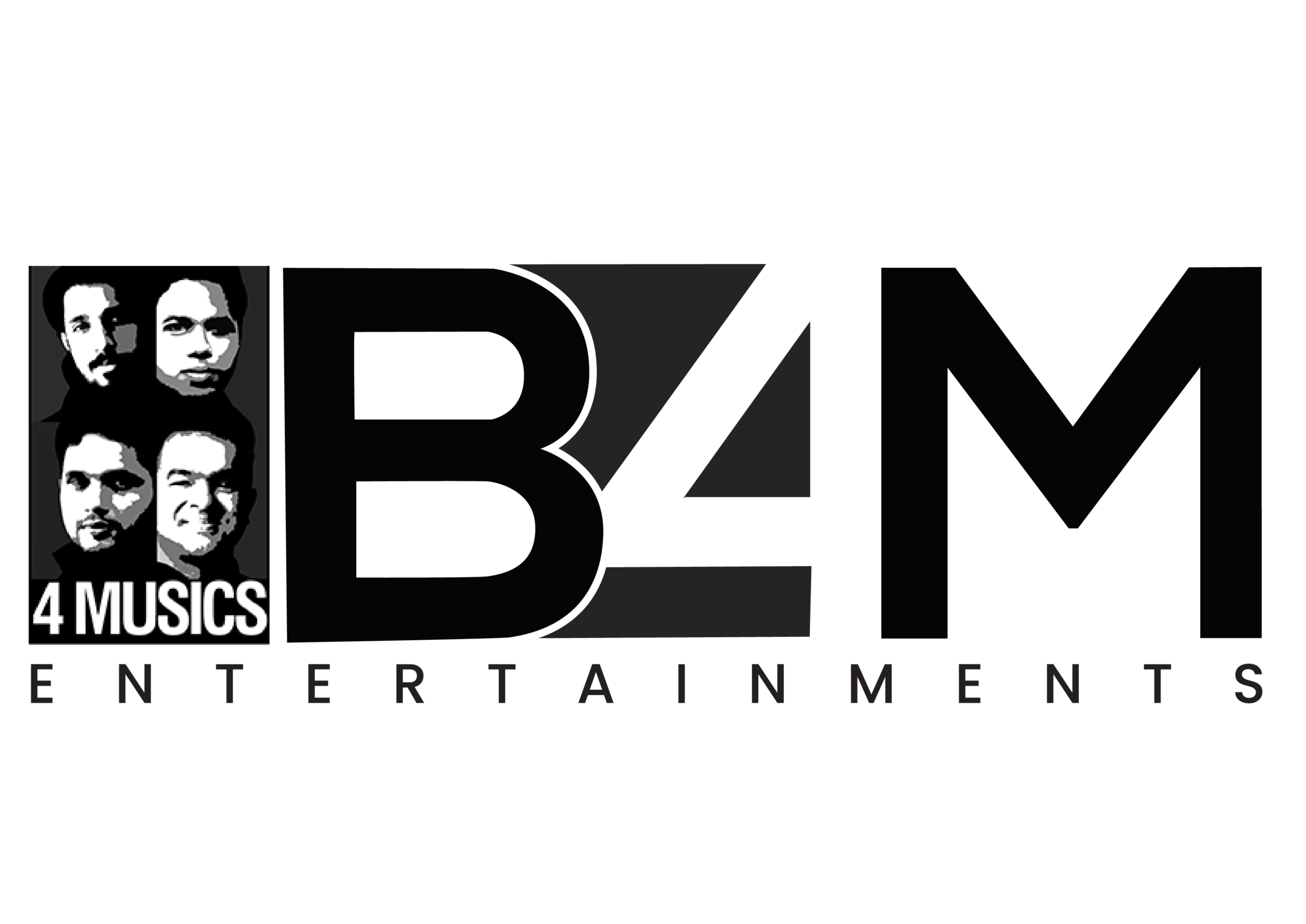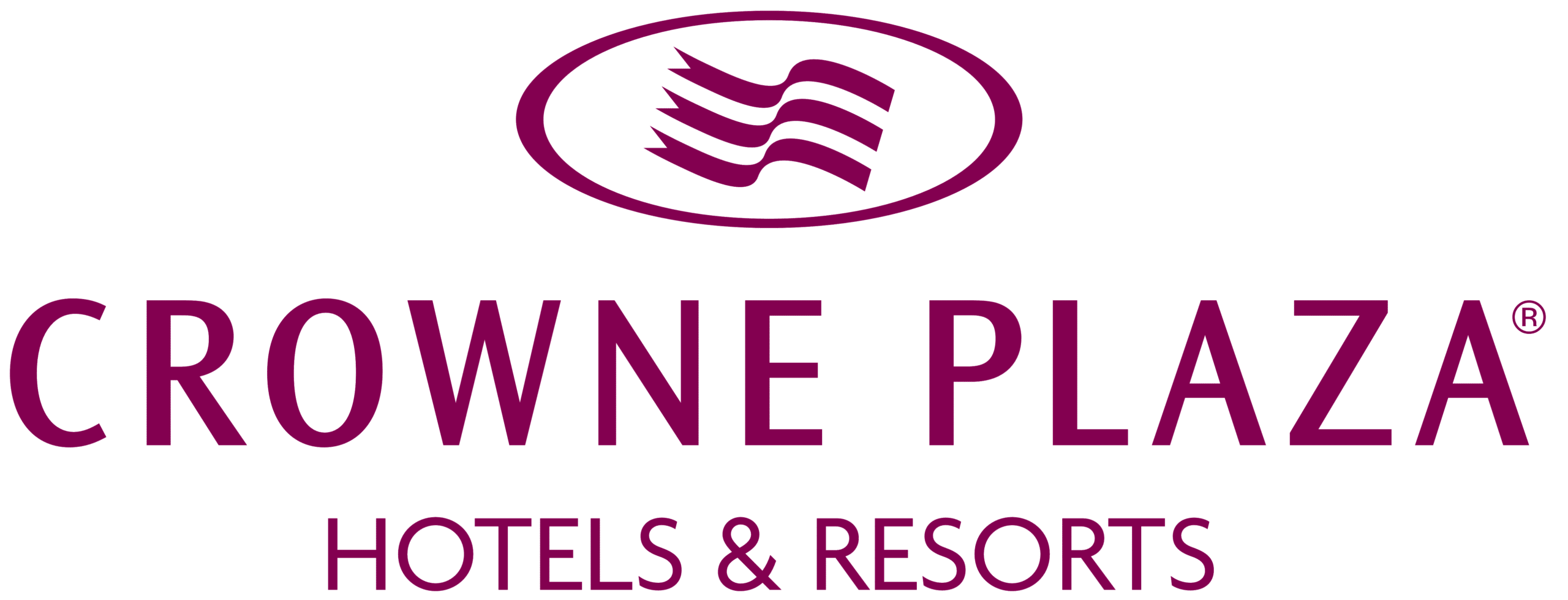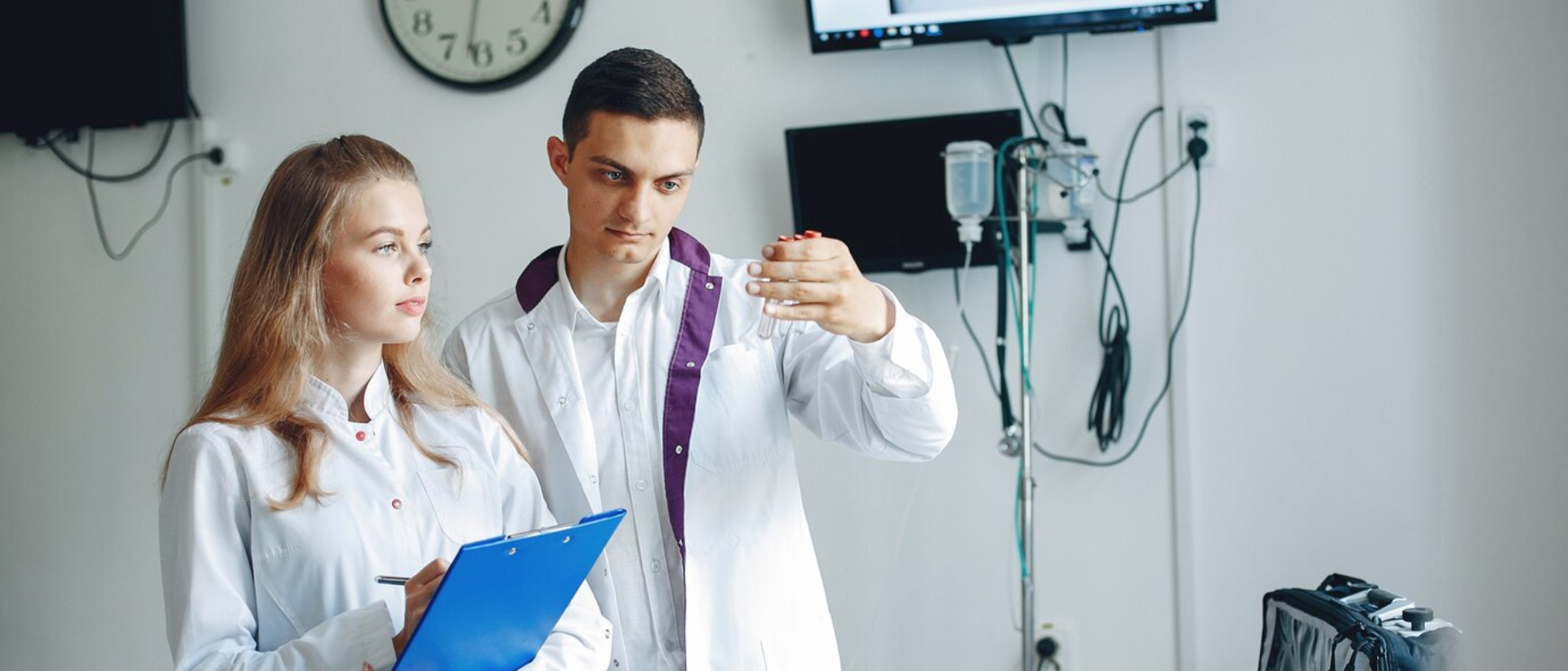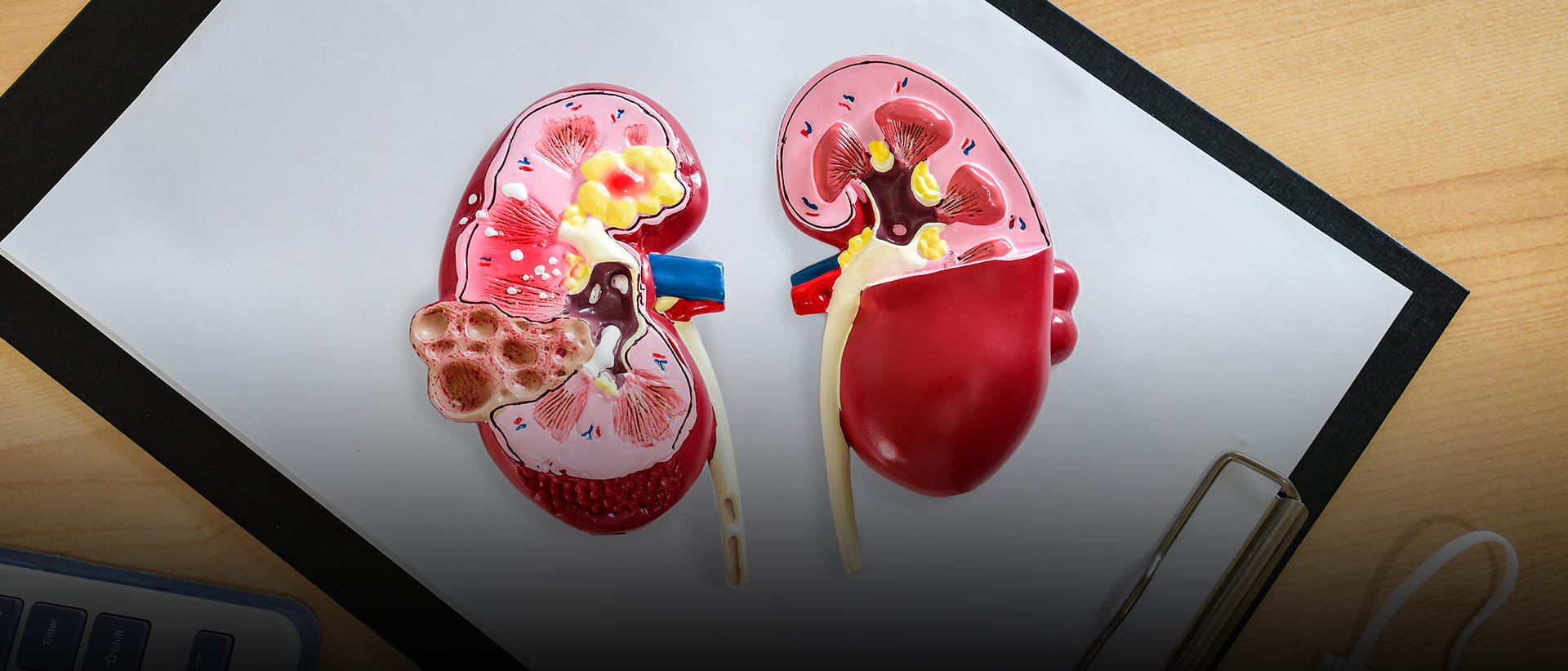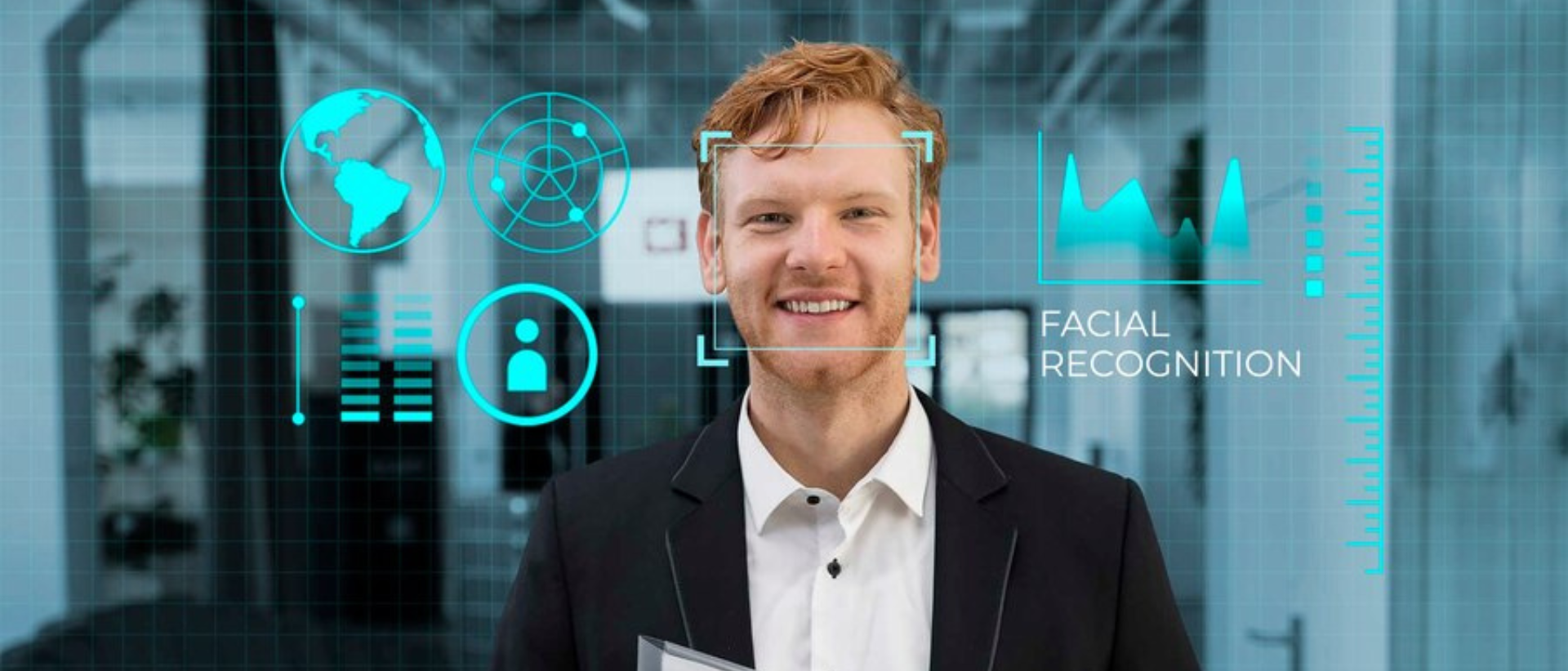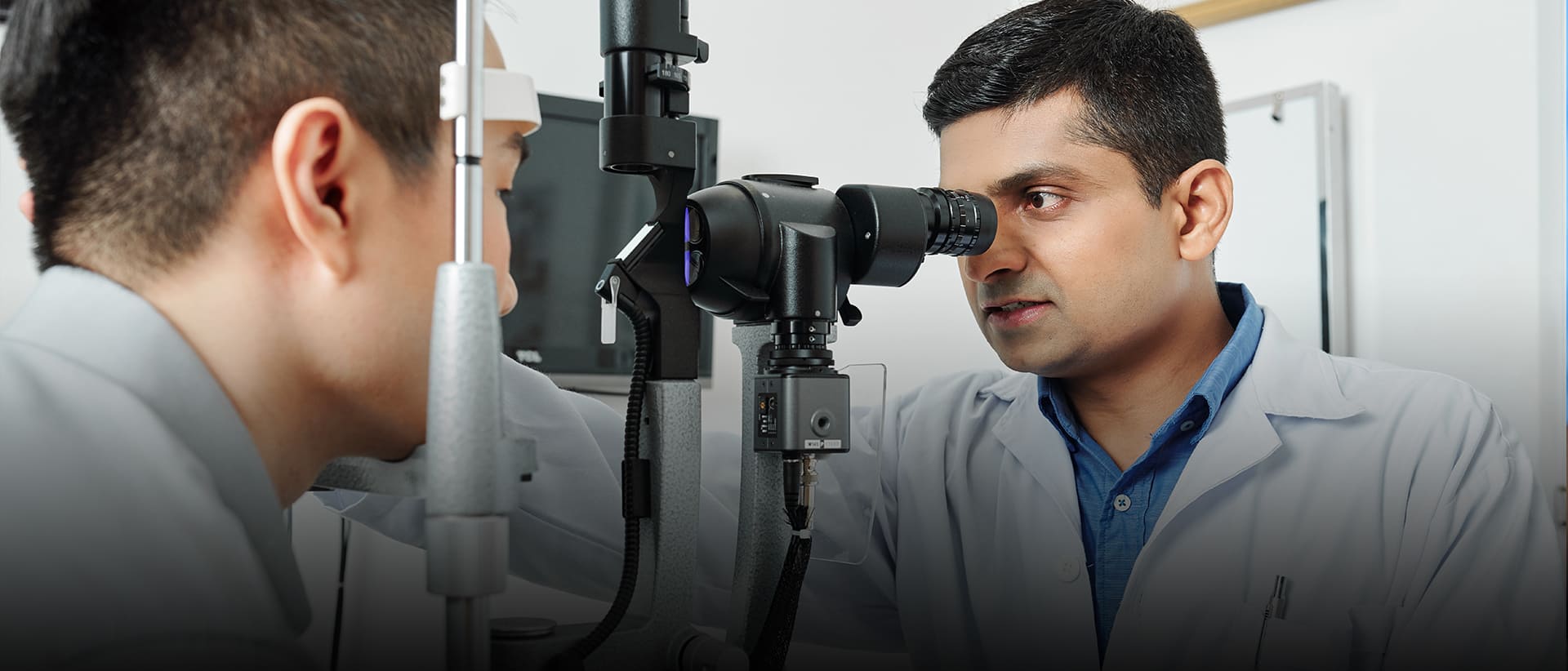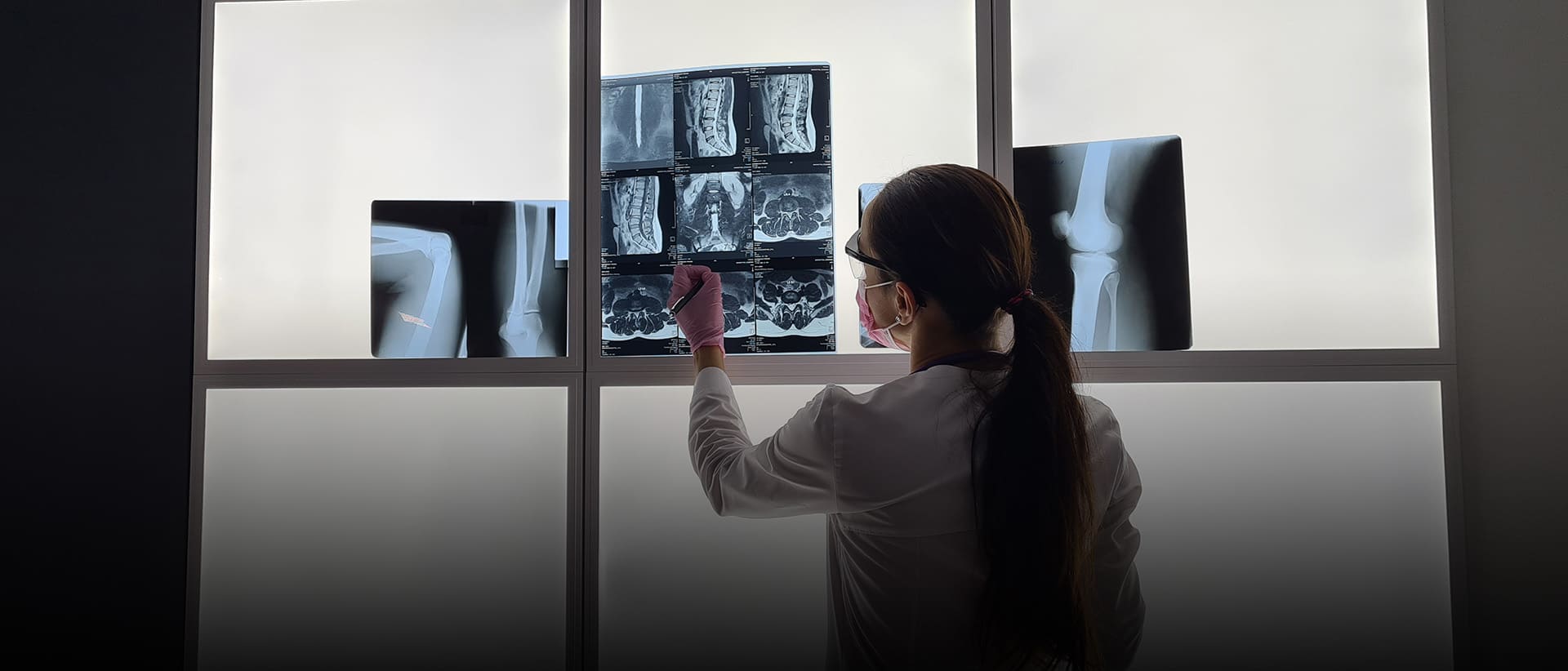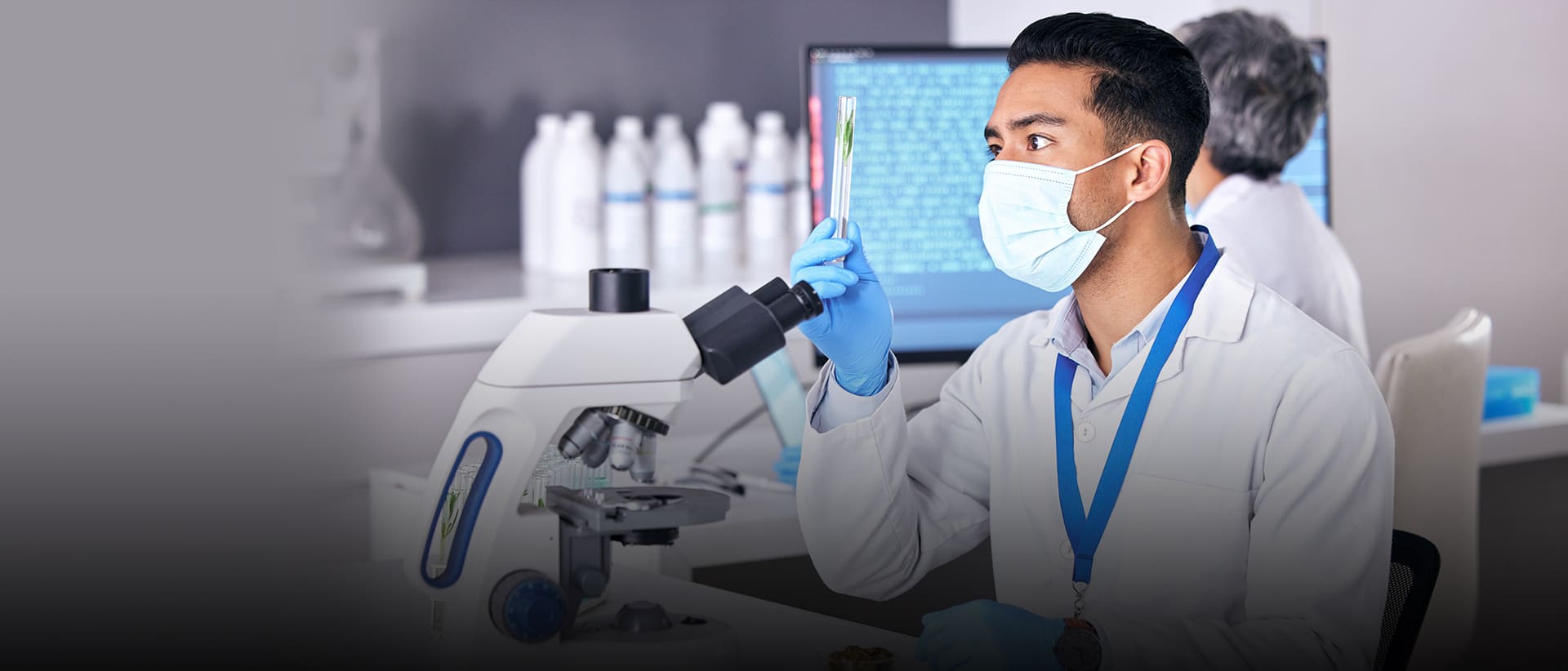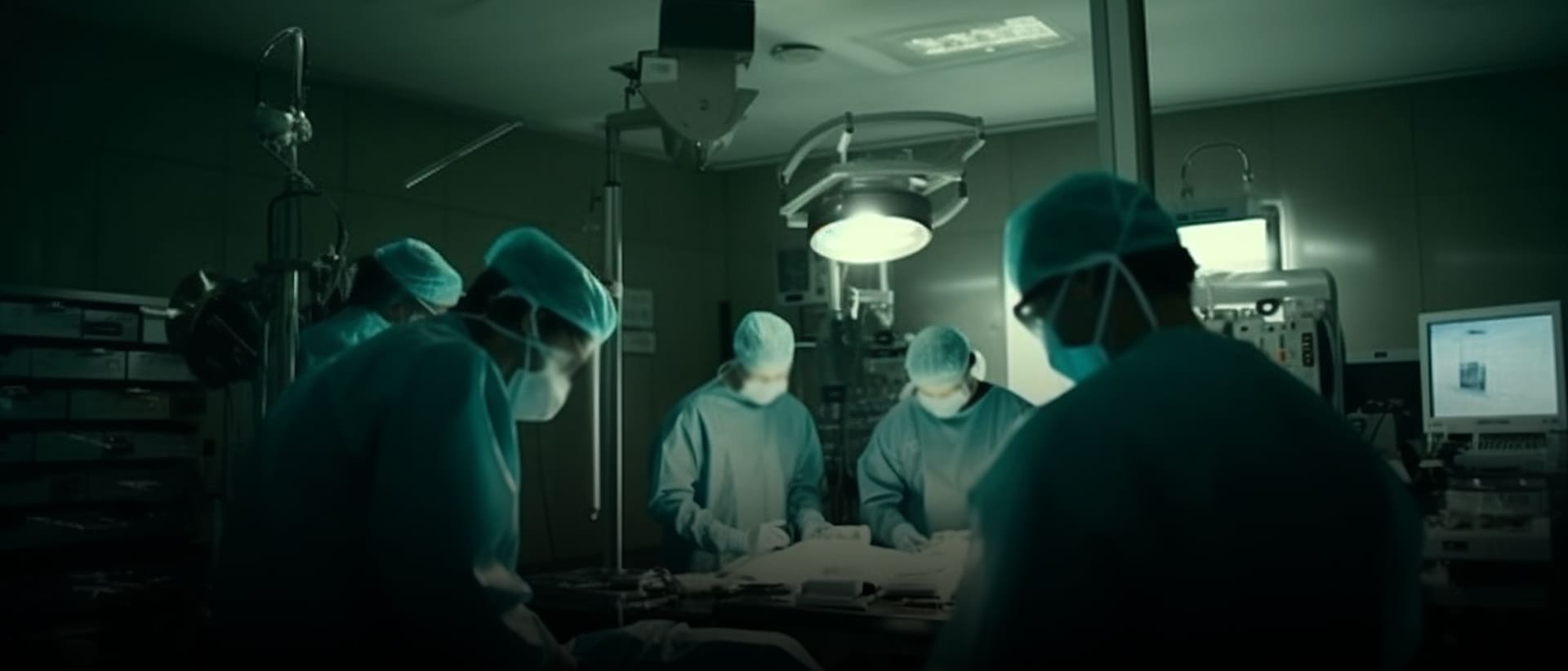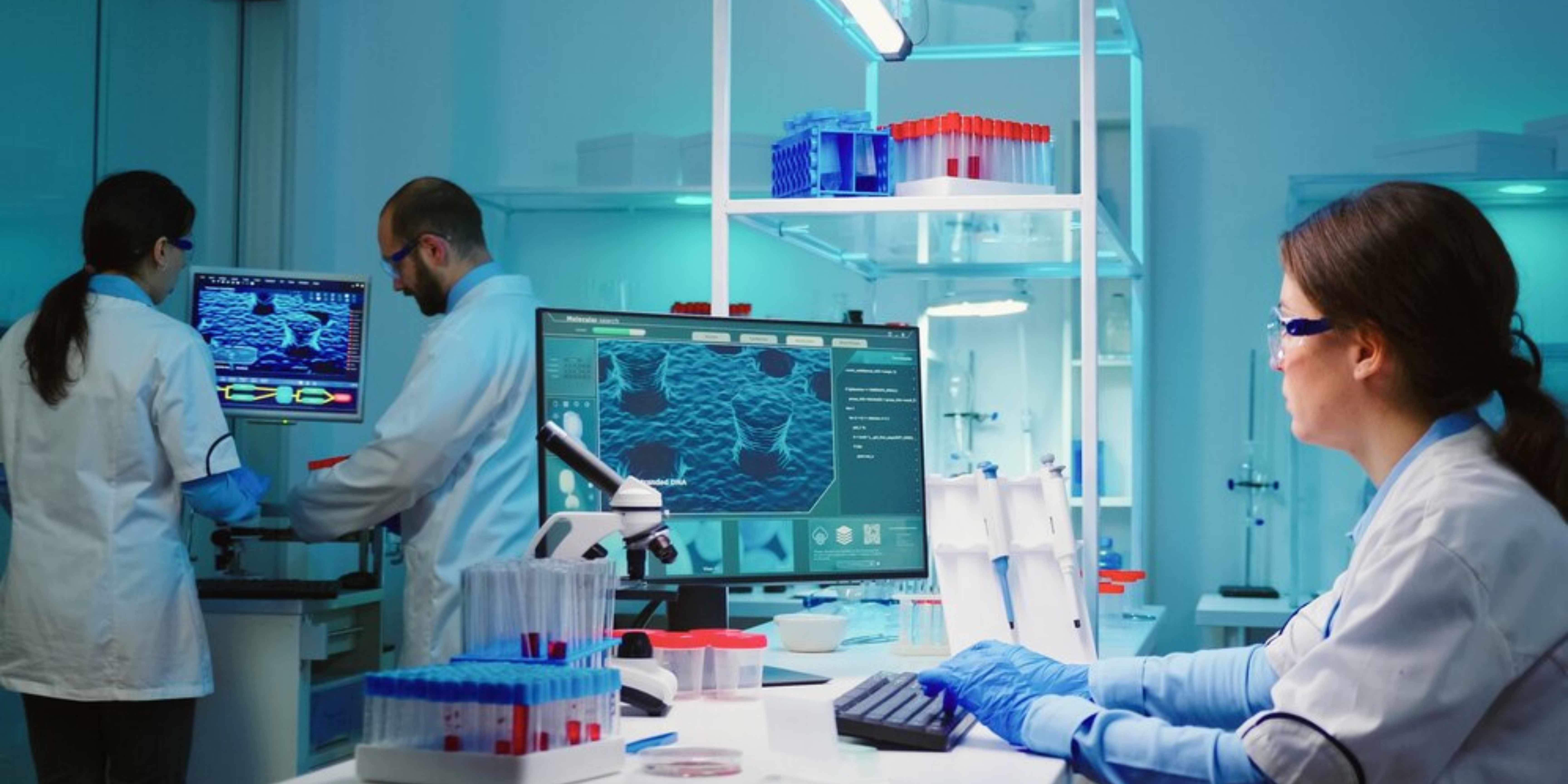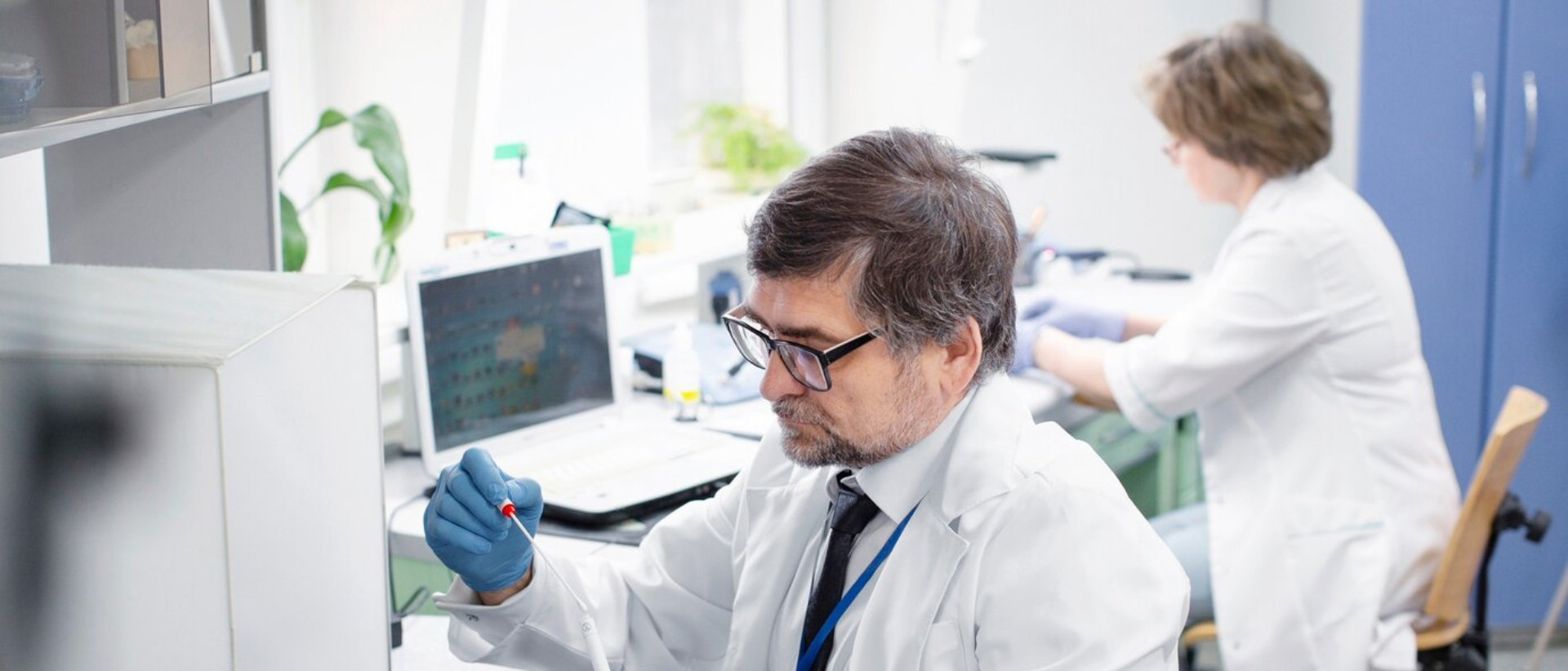Health information management (HIM) involves the collection, organization, storage, and dissemination of patient health information to ensure its accuracy, accessibility, and confidentiality. This encompasses various tasks such as maintaining electronic health records (EHRs), coding diagnoses and procedures for billing and research purposes, implementing data security measures to protect patient privacy, and facilitating the exchange of health information between healthcare providers. HIM professionals play a crucial role in streamlining healthcare delivery, improving patient care outcomes, and supporting administrative and clinical decision-making processes through the effective management of health data.
Health Information Management (HIM) is a program that teaches students how to handle medical records and health information systems safely and effectively. The program is designed to prepare students to manage patient data, ensure the privacy and security of health records, and improve the quality of healthcare through information technology. It combines healthcare, business, and technology. In this program, students learn how to collect, analyze, and protect patient health information, which is crucial for providing quality healthcare. They are trained to use specialized computer systems to ensure that patient's medical records are accurate, secure, and accessible to authorized healthcare professionals when needed. This education helps graduates manage healthcare data that helps doctors and nurses make the best decisions for patient care.
3/3.5d Years
Note: * Duration for Paramedical programs (MLT/RIT/OTT/DT/EMT/OPTOMETRY) may extend by 3 months to 1 Year (Approx) to include Internship/On Job Training for the awarding of Degree/Diploma as per the guidelines (if any) from State Allied and Healthcare Council, Sikkim.
10+2 (Science/Any Stream)
INDUSTRY LED LEARNING
For an accelerating professional career in 21st Century along with Core Skills, the learner should evolve through Self-directed Learning.


Efficient Information Exchange:
These programs facilitate seamless data exchange between various healthcare providers. Efficient information flow enhances coordination and outcomes in patient care across multiple specialties.


Leadership and Strategic Planning:
Participants develop leadership skills that prepare them to take on senior roles in health information management. They learn to design and execute strategic plans that align with the overarching goals of healthcare organizations, ensuring adaptability and forward-thinking in a rapidly evolving industry.


Compliance and Regulatory Knowledge:
Learners become well-versed in the legal and ethical standards governing health information, including HIPAA and other privacy regulations. This knowledge is crucial for ensuring that all practices within healthcare settings comply with laws designed to protect patient information.


Interprofessional Collaboration:
The curriculum fosters skills in teamwork and communication, essential for coordinating with various healthcare professionals and departments. Understanding how to effectively share and use health information is key to integrated and holistic patient care.


Compliance and Regulatory Knowledge:
Learners become well-versed in the legal and ethical standards governing health information, including HIPAA and other privacy regulations. This knowledge is crucial for ensuring that all practices within healthcare settings comply with laws designed to protect patient information.


Quality Improvement Capabilities:
Graduates are trained to analyze health data to identify trends and areas for improvement, leading to better patient outcomes and efficiency. They learn methods for continuous quality improvement, focusing on enhancing healthcare services through data-driven strategies.
For an accelerating professional career in 21st Century along with Core Skills, the learner should evolve through Self-directed Learning, Self-awareness, Multidisciplinary Problem Solving, Practice of Professional Grade, Digital Comfort, Current Social and Global Dynamics, Employability and Life Skills. MSU offers an opportunity to customise the higher education with range of specialisation/electives.
Foundation Core
A range of compulsory basics of multidisciplinary, professional, general nature customised to match the value and vision of MSU for a robust foundation.
Skill Drill (Elective)
A range of compulsory basics of multidisciplinary, professional, general nature customised to match the value and vision of MSU for a robust foundation.
Major (Elective)
A range of compulsory basics of multidisciplinary, professional, general nature customised to match the value and vision of MSU for a robust foundation.
Minor (Elective)
A range of compulsory basics of multidisciplinary, professional, general nature customised to match the value and vision of MSU for a robust foundation.
Industry Practice
A range of compulsory basics of multidisciplinary, professional, general nature customised to match the value and vision of MSU for a robust foundation.
Capstone Project
A range of compulsory basics of multidisciplinary, professional, general nature customised to match the value and vision of MSU for a robust foundation.
PROGRAMME OUTCOMES
PSO 1:
Technical proficiency in managing health data. Graduates are adept at using advanced software and systems designed for electronic health record (EHR) management. They are trained in coding and classification systems, which are crucial for billing, reimbursement, and maintaining databases for patient information.
PSO 2:
Enhanced Data Integrity and Quality Health information management programs ensure that patient data is accurate and comprehensive. This leads to improved diagnosis, treatment plans, and overall patient care
PSO 3:
Strategic Decision-Making Accurate and accessible data enables healthcare executives to make informed decisions. This leads to better resource allocation, improved healthcare services, and strategic growth initiatives within healthcare organizations.
PSO 4:
Efficient Information Exchange These programs facilitate seamless data exchange between various healthcare providers. Efficient information flow enhances coordination and outcomes in patient care across multiple specialties.
PSO 1:
Demonstrate the capability for complex problem-solving
PSO 2:
Demonstrate the capability for critical thinking
PSO 3:
Demonstrate the ability for creativity
PSO 4:
Demonstrate the skills that enable them to communicate effectively
PSO 5:
Demonstrate the capability for analytical reasoning/thinking
PSO 6:
Demonstrate the ability for coordinating and collaborating with others
PSO 7:
Demonstrate ‘learning how to learn" skills
PSO 8:
Demonstrate the capability for digital and technological skills
PSO 9:
Demonstrate multicultural competence and an inclusive spirit
PSO 10:
Demonstrate the acquisition of knowledge and attitude that are required for value inculcation
PSO 11:
Demonstrate the ability for autonomy, responsibility, and accountability
PSO 12:
Demonstrate the acquisition of and ability to apply the knowledge, skills, attitudes, and values required to take appropriate actions for environmental awareness and action
PSO 13:
Demonstrate the capability to participate in community-engaged services/ activities for promoting the well-being of society.
PSO 14:
Demonstrate the ability to identify with or understand the perspective, experiences, or points of view of another individual or group, and to identify and understand other people’s emotions








